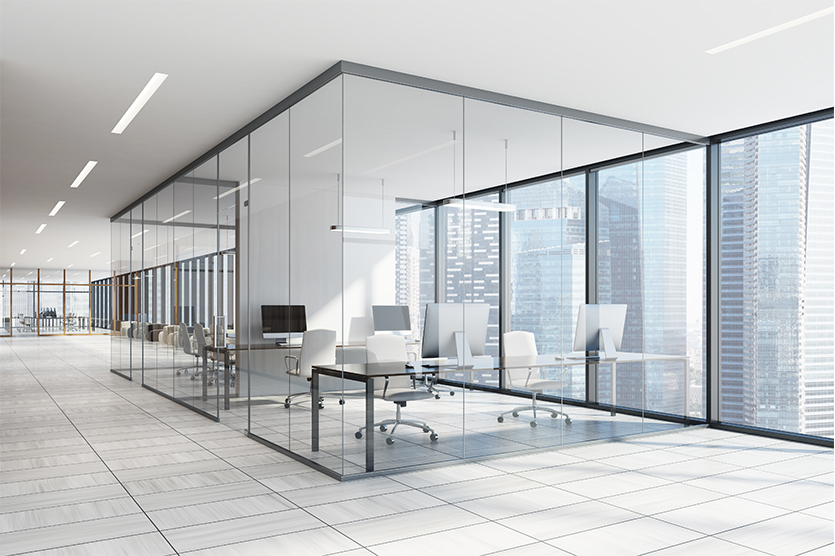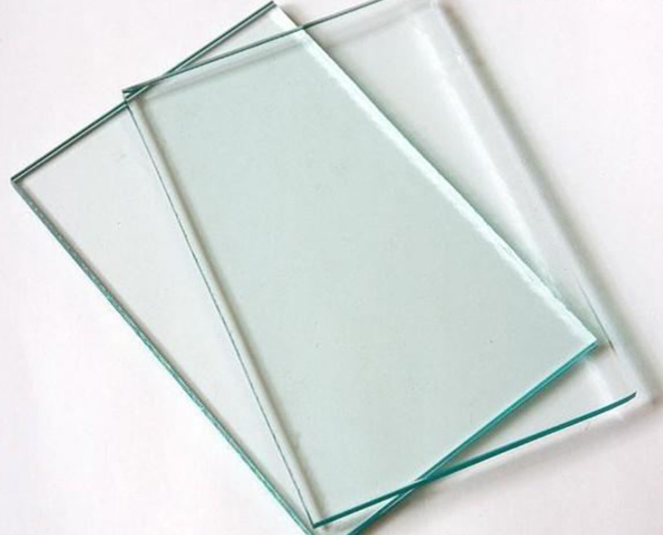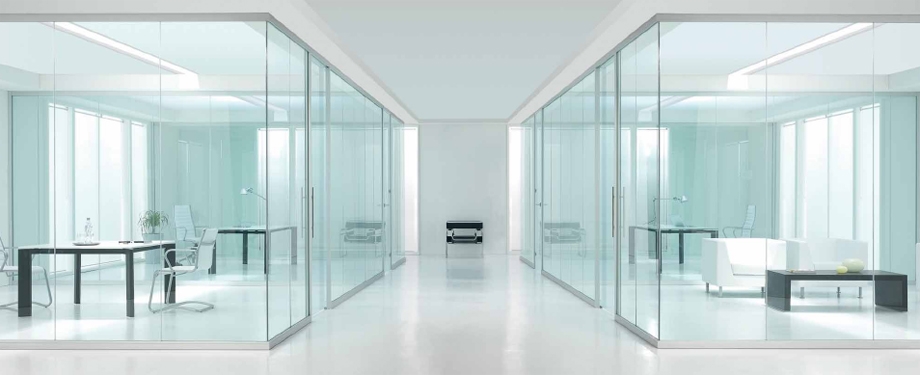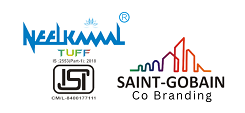
Exploring the Clarity and Versatility of Extra Clear Glass
Extra clear glass, also known as low-iron glass, is a specialized type of glass known for its exceptional clarity and transparency. Unlike traditional clear glass, extra clear glass contains minimal iron oxide impurities, resulting in a higher light transmission and reduced greenish tint. In this article, we will delve into the features, types, and diverse applications of extra clear glass, highlighting its unique characteristics and benefits in various industries.
Features of Extra Clear Glass:
Superior Clarity: Extra clear glass is prized for its unparalleled clarity, offering a crystal-clear appearance with minimal color distortion or tint.
High Light Transmission: Due to its low iron content, extra clear glass allows more light to pass through, maximizing natural daylighting and enhancing interior brightness.
True Color Reproduction: Extra clear glass provides true-to-life color reproduction, making it an ideal choice for applications where color accuracy is critical, such as museum displays and art installations.
Enhanced Aesthetics: The superior clarity of extra clear glass enhances the aesthetic appeal of architectural elements, furniture, and decorative accents, creating a modern and sophisticated look.
Versatility: Extra clear glass is available in various thicknesses, sizes, and finishes, making it suitable for a wide range of applications, from building facades to interior design elements.

UV Protection: Some types of extra clear glass can be coated with UV-blocking films or laminates to protect interior furnishings, artwork, and occupants from harmful ultraviolet rays.
Durability: Despite its exceptional clarity, extra clear glass retains the durability and strength of conventional glass, ensuring long-lasting performance in diverse environments.
Types of Extra Clear Glass:
Float Glass: Float glass is the most common type of extra clear glass, manufactured using the float glass process, which involves floating molten glass on a bed of molten tin to produce a uniform sheet with a flat surface and consistent thickness.
Low-Iron Glass: Low-iron glass is specifically formulated to minimize iron oxide impurities, resulting in enhanced clarity and reduced greenish tint. This type of extra clear glass is often used in applications where visual clarity is paramount.
Ultra-Clear Glass: Ultra-clear glass is a premium grade of extra clear glass known for its exceptional clarity and purity. It undergoes additional refining processes to achieve an even higher level of transparency and light transmission.
Applications of Extra Clear Glass:
Architectural Glazing: Extra clear glass is used in architectural applications such as windows, doors, curtain walls, and glass facades to maximize daylighting, enhance views, and create a sense of openness and transparency.
Display Cases and Showcases: Extra clear glass is commonly used in display cases, showcases, and museum exhibits to showcase artifacts, artwork, and valuable collections with unparalleled clarity and visibility.
Interior Partitions and Dividers: Extra clear glass is utilized in interior partitions, room dividers, and glass walls to create separate spaces while maintaining a sense of openness and connectivity.
Furniture and Shelving: Extra clear glass is incorporated into furniture designs such as tables, shelves, and cabinets to add a modern and sleek aesthetic while providing functional storage and display solutions.

Shower Enclosures: Extra clear glass is popular for use in shower enclosures and bath screens, providing a clean and contemporary look while allowing natural light to penetrate the space.
Retail Displays: Extra clear glass is used in retail environments for product displays, shelving units, and showcases to highlight merchandise with clarity and sophistication, attracting customers and enhancing the shopping experience.
Extra clear glass is a versatile and visually stunning material that offers unparalleled clarity, light transmission, and aesthetic appeal. From architectural glazing to furniture design and retail displays, extra clear glass finds a wide range of applications in diverse industries. Its superior clarity and versatility make it a preferred choice for designers, architects, and homeowners seeking to create spaces that are bright, modern, and visually striking. With its unique features and benefits, extra clear glass continues to push the boundaries of architectural and design innovation, shaping the future of transparent building materials.





